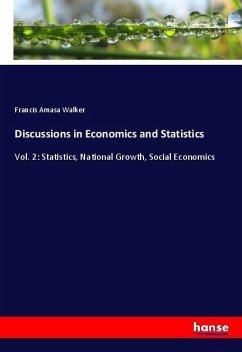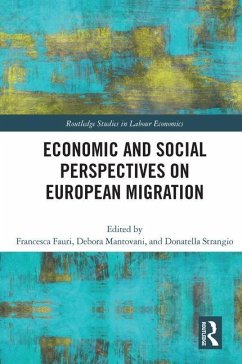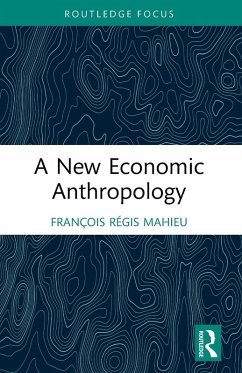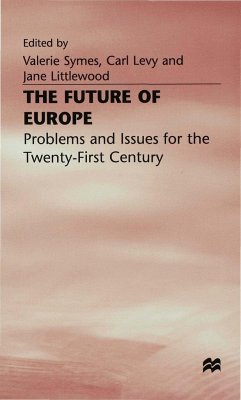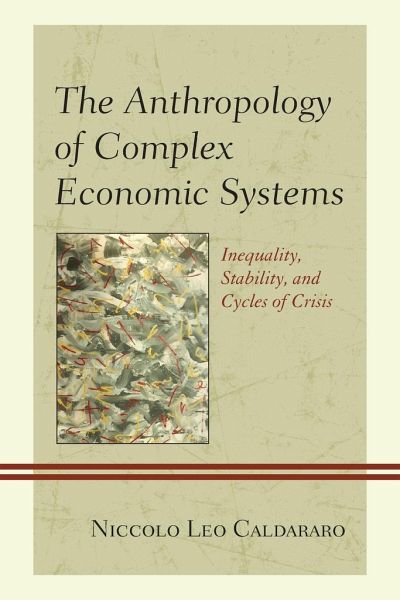
Anthropology of Complex Economic Systems
Inequality, Stability, and Cycles of Crisis
Versandkostenfrei!
Versandfertig in 1-2 Wochen
65,99 €
inkl. MwSt.
Weitere Ausgaben:

PAYBACK Punkte
33 °P sammeln!
By bringing together economic anthropology, ecology, and culture history, The Anthropology of Complex Economic Systems not only proposes a new model of human social evolution, but equally importantly creates a methodology for speaking to, and against, our present economic and environmental situation.





